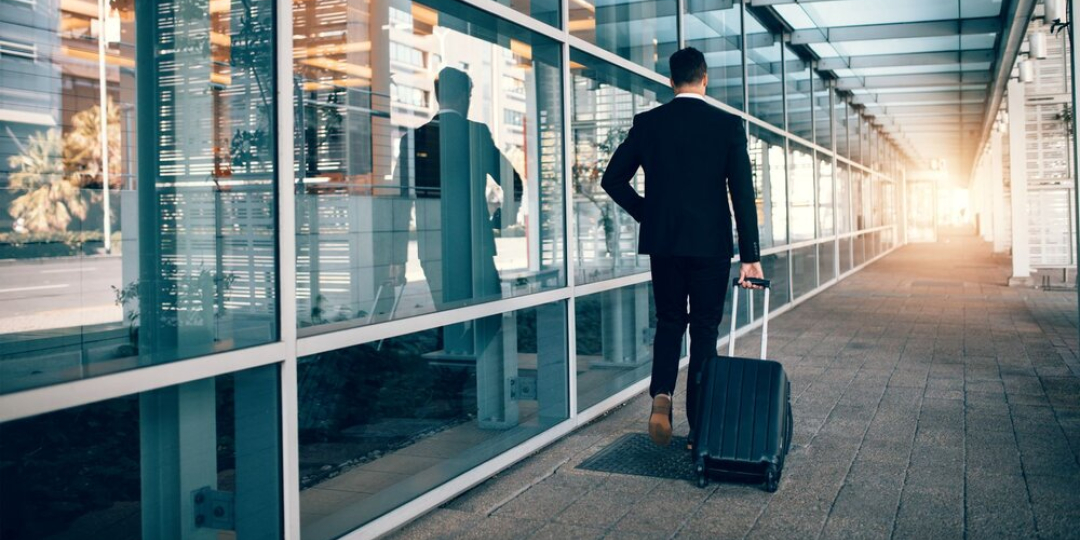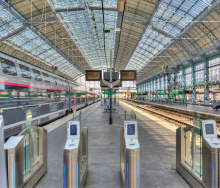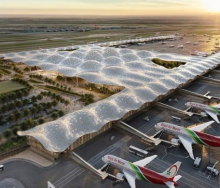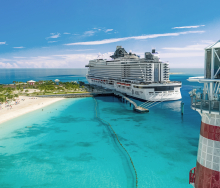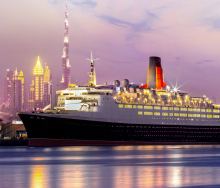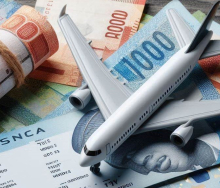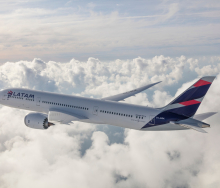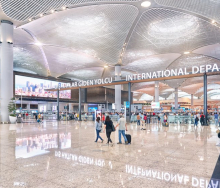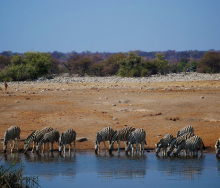Business travel is shifting towards sustainability, but experts explain that decarbonising corporate travel is a complex process which goes far beyond what was once the go-to strategy of carbon offsetting.
According to a global survey conducted by Netherlands-based business travel company BCD travel, two-thirds of travel buyers expect that sustainability will have the strongest impact on corporate travel policies, more so than technology, NDC or traveller wellbeing.
Similarly, The GBTA’s latest State of Climate Action in Business Travel Industry Barometer similarly reported that 92% of global business travel professionals believed that sustainability was a priority and 81% of travel managers said they had, or were planning to, integrate sustainability considerations into their travel programmes.
When it comes to the South African corporate travel industry, local conditions reveal the complexities and problems involved in decarbonising the travel sector.
Carbon offsets out
Carbon offsetting, a method of achieving carbon neutrality, is the act of analysing how much Co2 is generated by business travel activities and potentially negating the carbon emissions created by funding activities such as planting trees, according to a definition provided by the World Economic Forum.
Robyn Christie, Travel Industry Consultant and board member of GBTA said carbon offsetting projects experienced an era of popularity, but that it is in the past. “10 years ago, it was a big thing, you know, you planted a tree for every trip you took,” she said. She added that in recent years the excitement around this method of carbon neutrality has died down.
Lorraine Jenks, professional speaker, responsible tourism and hospitality influencer and green procurement consultant, told Travel News that this is a positive shift in the industry because these carbon offsetting projects are a “scam”.
“Businesses look at offsetting as an excuse to carry on polluting. It’s almost like saying ‘I’m on a diet and I’m going to the gym’ and then sending your secretary to the gym to do it for you,” she explained.
“Offsetting is a big problem, particularly in Africa. Some companies are planting trees as offsets in grasslands where trees originally did not occur, and this ruins the entire ecology of the grassland, which is already a good carbon sink,” said Jenks.
Large airlines and travel companies such as Lufthansa and Amadeus have used such offsetting methods. KLM was recently taken to court for greenwashing by implying that the company’s carbon offsetting scheme makes flying carbon neutral.
Sustainability in SA
“I think we’re learning as we’re moving through this process of incorporating sustainability, so we now look at it as ‘you don’t have to fix it if you don’t break it in the first place’. I think that’s the way the industry is going and thinking: more towards preventing carbon emissions at all than just compensating for them,” said Christie.
The GBTA launched the GBTA Sustainable Procurement Standards to assist travel agents in guiding travel buyers to make informed choices to reduce carbon emissions. The aim is to benchmark the sustainability performance of airlines, hotels and car rental companies. The tool was created to provide agents with a selection of questions and this allows them to tailor trips to the green goals of corporate clients.
Jenks said that to achieve sustainability in business travel, the carbon footprint of the trip needs to be measured from the moment the traveller leaves home.
“So you have to stand back and look at the bigger picture: How far was the trip? What products are manufactured along the way? Was there slavery involved? How is the waste managed? Was there destruction to the natural environment?”
Jenks also added that Sustainable aviation fuel (SAF) is becoming a popular method of reducing the carbon emissions of aviation.

